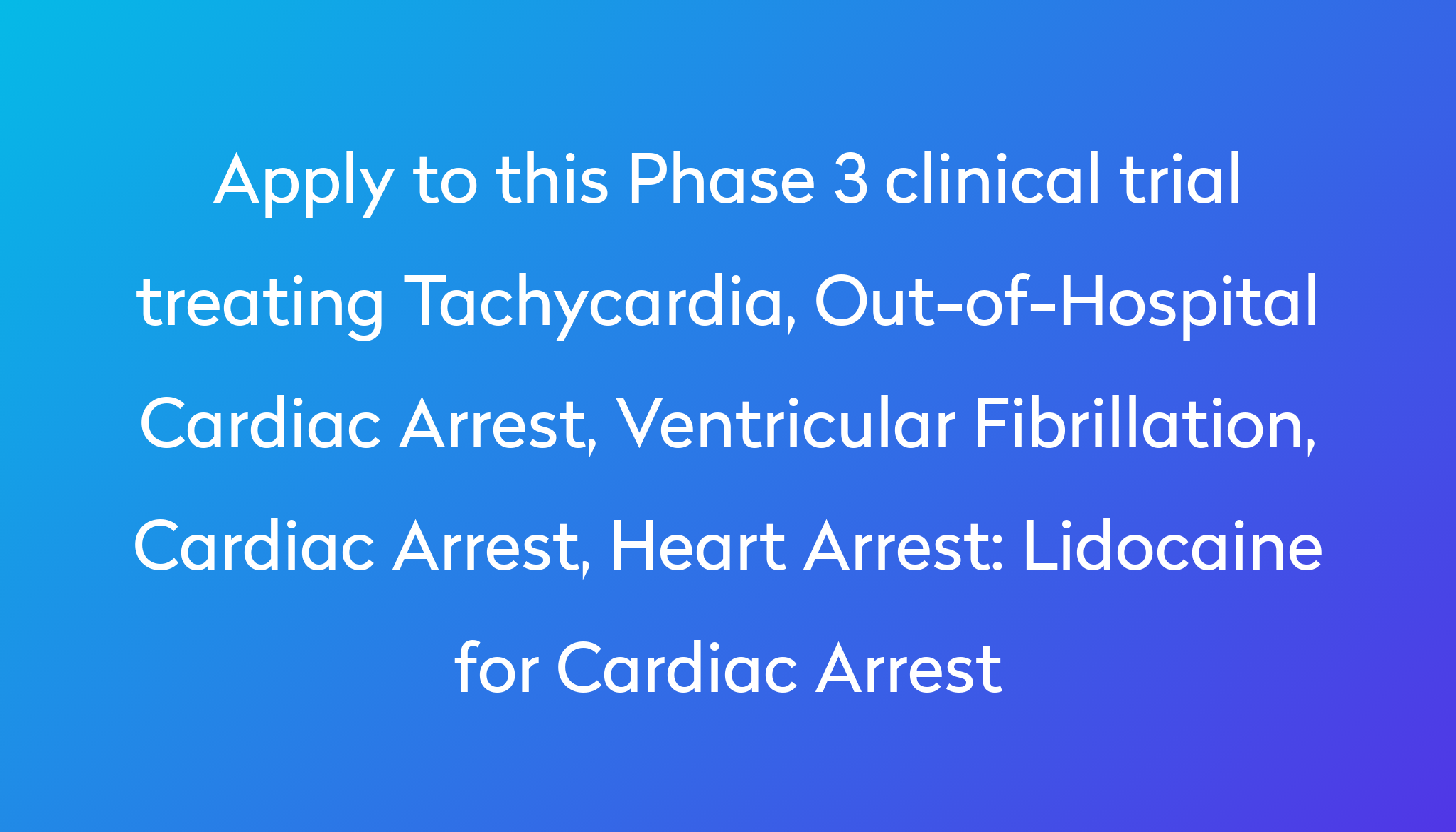First Dose Of Lidocaine In Cardiac Arrest - The routine use of magnesium for cardiac arrest is not recommended in adult patients. • once advanced airway in place, give 1 breath every 6 seconds. For shock refractory and/or amiodarone refractory vt/vf. Web lignocaine (lidocaine) indication:
For shock refractory and/or amiodarone refractory vt/vf. • once advanced airway in place, give 1 breath every 6 seconds. The routine use of magnesium for cardiac arrest is not recommended in adult patients. Web lignocaine (lidocaine) indication:
The routine use of magnesium for cardiac arrest is not recommended in adult patients. Web lignocaine (lidocaine) indication: For shock refractory and/or amiodarone refractory vt/vf. • once advanced airway in place, give 1 breath every 6 seconds.
Figure 1 from Cardiac Arrest Following Liposuction A Case Report of
For shock refractory and/or amiodarone refractory vt/vf. The routine use of magnesium for cardiac arrest is not recommended in adult patients. • once advanced airway in place, give 1 breath every 6 seconds. Web lignocaine (lidocaine) indication:
Amiodarone vs Lidocaine for VT/VF inhospital cardiac arrest
Web lignocaine (lidocaine) indication: For shock refractory and/or amiodarone refractory vt/vf. • once advanced airway in place, give 1 breath every 6 seconds. The routine use of magnesium for cardiac arrest is not recommended in adult patients.
Lidocaine for Cardiac Arrest Clinical Trial 2022 Power
The routine use of magnesium for cardiac arrest is not recommended in adult patients. For shock refractory and/or amiodarone refractory vt/vf. Web lignocaine (lidocaine) indication: • once advanced airway in place, give 1 breath every 6 seconds.
Antiarrhythmic Drugs in Cardiac Arrest Resuscitation Intravenous
For shock refractory and/or amiodarone refractory vt/vf. • once advanced airway in place, give 1 breath every 6 seconds. The routine use of magnesium for cardiac arrest is not recommended in adult patients. Web lignocaine (lidocaine) indication:
For pediatric inhospital cardiac arrest which is betterLidocaine or
For shock refractory and/or amiodarone refractory vt/vf. • once advanced airway in place, give 1 breath every 6 seconds. Web lignocaine (lidocaine) indication: The routine use of magnesium for cardiac arrest is not recommended in adult patients.
What is the Right Response to a Treatment Error Part IV Rogue Medic
For shock refractory and/or amiodarone refractory vt/vf. The routine use of magnesium for cardiac arrest is not recommended in adult patients. • once advanced airway in place, give 1 breath every 6 seconds. Web lignocaine (lidocaine) indication:
Lidocaine for Neuroprotection during Cardiac Surgery Radius
For shock refractory and/or amiodarone refractory vt/vf. • once advanced airway in place, give 1 breath every 6 seconds. The routine use of magnesium for cardiac arrest is not recommended in adult patients. Web lignocaine (lidocaine) indication:
Amiodarone or Lidocaine for InHospital Cardiac Arrest?
For shock refractory and/or amiodarone refractory vt/vf. The routine use of magnesium for cardiac arrest is not recommended in adult patients. Web lignocaine (lidocaine) indication: • once advanced airway in place, give 1 breath every 6 seconds.
Why is lidocaine used in cardiac arrest?
For shock refractory and/or amiodarone refractory vt/vf. The routine use of magnesium for cardiac arrest is not recommended in adult patients. • once advanced airway in place, give 1 breath every 6 seconds. Web lignocaine (lidocaine) indication:
(PDF) associated with amiodarone and lidocaine for the
Web lignocaine (lidocaine) indication: • once advanced airway in place, give 1 breath every 6 seconds. For shock refractory and/or amiodarone refractory vt/vf. The routine use of magnesium for cardiac arrest is not recommended in adult patients.
The Routine Use Of Magnesium For Cardiac Arrest Is Not Recommended In Adult Patients.
• once advanced airway in place, give 1 breath every 6 seconds. Web lignocaine (lidocaine) indication: For shock refractory and/or amiodarone refractory vt/vf.







